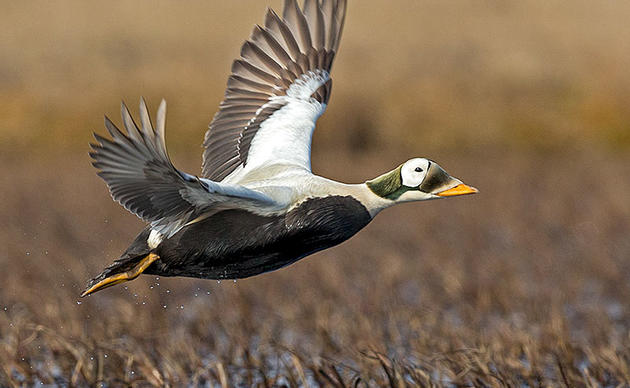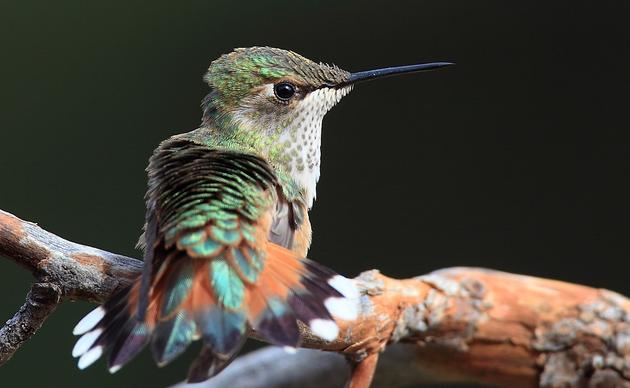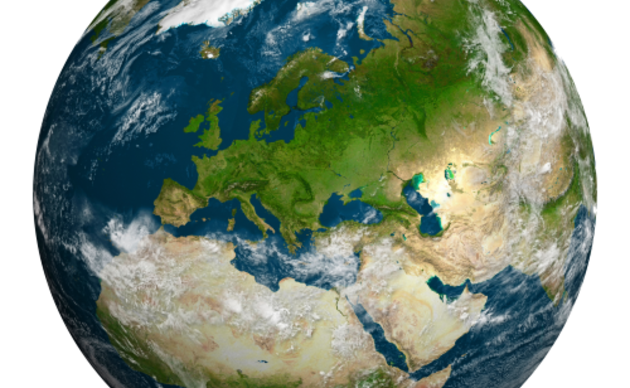Normal 0 false false false EN-US X-NONE X-NONE /* Style Definitions */ table.MsoNormalTable {mso-style-name:"Table Normal"; mso-tstyle-rowband-size:0; mso-tstyle-colband-size:0; mso-style-noshow:yes; mso-style-priority:99; mso-style-parent:""; mso-padding-alt:0in 5.4pt 0in 5.4pt; mso-para-margin:0in; mso-para-margin-bottom:.0001pt; mso-pagination:widow-orphan; font-size:10.0pt; font-family:"Times New Roman","serif";}
Representatives Jared Huffman (D-CA) and Michael Fitzpatrick (R-PA) have shown great bipartisan leadership this Congress by introducing legislation to protect one of America’s greatest treasures and a truly iconic place: the Arctic National Wildlife Refuge. H.R. 239, the Udall-Eisenhower Arctic Wilderness Act, would designate the Arctic National Wildlife Refuge’s Coastal Plain as Wilderness.
The Arctic Refuge and its Coastal Plain – the Refuge’s “biological heart” – is home to polar bears, grizzly bears, wolves, wolverines, muskoxen, caribou and more than 150 species of migratory birds. The Refuge is one of the last pristine, untouched wilderness areas in America. Republican President Dwight D. Eisenhower led the effort to protect this area for future generations half a century ago when he set aside 8.9 million acres as the Arctic National Wildlife Range in 1960. The Arctic Refuge has enjoyed widespread public support over the years, and today it is reflected in the continued bipartisan leadership in the House.
Quotes:
“The Coastal Plain of the Arctic National Wildlife Refuge is a haven for birds. Every spring, more than 150 species of birds from all 50 states converge in this pristine habitat, after passing through many of our own backyards. This bill would ensure that the remarkable birds and other wildlife of the Refuge remain protected from the risks of oil and gas development”, said Brian Moore, Legislative Director, National Audubon Society. “We applaud Representatives Huffman and Fitzpatrick for their leadership in helping to protect this unparalleled landscape by proposing a Wilderness designation for the Coastal Plain.”
“We applaud Representatives Jared Huffman and Michael Fitzpatrick for continuing the bipartisan tradition of support for the Arctic National Wildlife Refuge. Their bill to protect the Refuge, H.R. 239, would ensure that this important piece of our natural heritage will be protected now and for future generations of Americans,” said Cindy Shogan, Executive Director, Alaska Wilderness League. “After 50 years, I can’t think of another place that is so deserving of a Wilderness designation. Decades of advocacy from drilling proponents in Congress have failed, time and again. It’s time to move on and pass proactive protections for this natural wonder. The Coastal Plain of the Arctic Refuge is home to America’s most spectacular wildlife. All three species of America’s bears, caribou, wolves and muskoxen are just a few of the more than 250 species that rely on the Refuge and its Coastal Plain to thrive and survive.”
“The Arctic National Wildlife Refuge is a national treasure and oil drilling has no place there,” said Jamie Rappaport Clark, president and CEO of Defenders of Wildlife. “A wilderness designation would not only protect the wildlife values and pristine Coastal Plain from the destruction and potential disaster of drilling, but would stand as a legacy for this Congress, the White House and everyone who strives to protect our natural heritage. We welcome this bipartisan effort to ensure the future of the Arctic Refuge.”
“Representatives Huffman and Fitzpatrick are doing exactly what their constituents sent them to Washington to do; protect America's natural resources for future generations,” said Jessica Ennis, Earthjustice legislative representative. “H.R. 239 would protect the important wildlife and spectacular wilderness of the Arctic National Wildlife Refuge. We support this bill and applaud the efforts of these Congressional leaders to protect our natural heritage.”
“Mas’hi-choo. The Gwich’in offer a “big thank you” to Representatives Huffman and Fitzpatrick for their leadership to permanently protect the Arctic Refuge Coastal Plain as Wilderness. This is the birthplace of the Porcupine (River) Caribou Herd which is at the center of Gwich’in culture and life. Caribou are in our songs and stories, certain kinds of tools and arts, and they feed our people. In some villages wild foods are more than 70% of the diet. This is a human rights issue for us. But it is not just caribou. More than 100 different birds and every kind of Arctic animals live there. That is why we call that place “the Sacred Place Where Life Begins,” said Sarah James, Chair, Gwich’in Steering Committee.
“In a time where climate change is wreaking havoc in our planet and threatening the wildlife that depend upon it, it is extremely important to protect one of the most sensitive ecosystems in the world, the Arctic National Wildlife Refuge,” said Adam Kolton, Executive Director of National Wildlife Federation's National Advocacy Center. “Representatives Huffman and Fitzpatrick have shown what bipartisan leadership should look like by collaborating on H.R. 239, which would protect the Arctic National Wildlife Refuge's Coastal Plain. Refuge visitors may see eagles, gyrfalcons, tundra swans, plovers, sandhill cranes, longspurs and terns among the area's nearly 180 bird species, some full-time residents but mostly visitors from six continents and every U.S. state. Forty-five mammal species-including marmots, wolverines, grizzlies and wolves – live here at least seasonally, nine of them, such as the endangered bowhead whale, in offshore waters.”
“Industry has no place in wild, pristine country like the coastal plain of the Arctic National Wildlife Refuge. By protecting the refuge’s biological heart forever, we send a strong message that some places are simply too special to drill,” said Jeff Benzak, Natural Resources Defense Council spokesman.
“Drilling delivers a one-two punch to America’s Arctic, destroying one of our most pristine places to dredge up dirty fuels that will only further melt the Arctic when burned into the atmosphere. Representatives Huffman and Fitzpatrick understand that if we are serious about protecting our special places and fixing our climate crisis, we have to start by preserving the Arctic National Wildlife Refuge. This legislation is a great step forward in not just protecting our wild lands and wildlife, but in ensuring future generations of Americans have a safe and healthy planet to enjoy,” said Michael Brune, Executive Director of the Sierra Club.
“We are grateful for this kind of bipartisan leadership on behalf of the Arctic National Wildlife Refuge,” said Jamie Williams, president of The Wilderness Society. “H.R. 239 would leave a great legacy for future generations by preserving one of the last great expanses of wilderness in North America. This legislation from Representatives Huffman and Fitzpatrick honors the public’s opposition to drilling in this unspoiled landscape. For more than 30 years, the oil industry and its allies in Congress have failed to open the Coastal Plain to oil rigs, because Americans want this place protected. Let’s hope the House of Representatives serves the will of the people and passes this bill.”
ALASKA WILDERNESS LEAGUE * DEFENDERS OF WILDLIFE * EARTHJUSTICE * FRIENDS OF ALASKA * EYAK PRESERVATION COUNCIL * GWICH’IN STEERING COMMITTEE * NATIONAL AUDUBON SOCIETY * NATIONAL WILDLIFE FEDERATION *NATIONAL WILDLIFE REFUGES * NATURAL RESOURCES DEFENSE COUNCIL * NORTHERN ALASKA ENVIRONMENTAL CENTER * PACIFIC ENVIRONMENT * SIERRA CLUB * THE WILDERNESS SOCIETY



